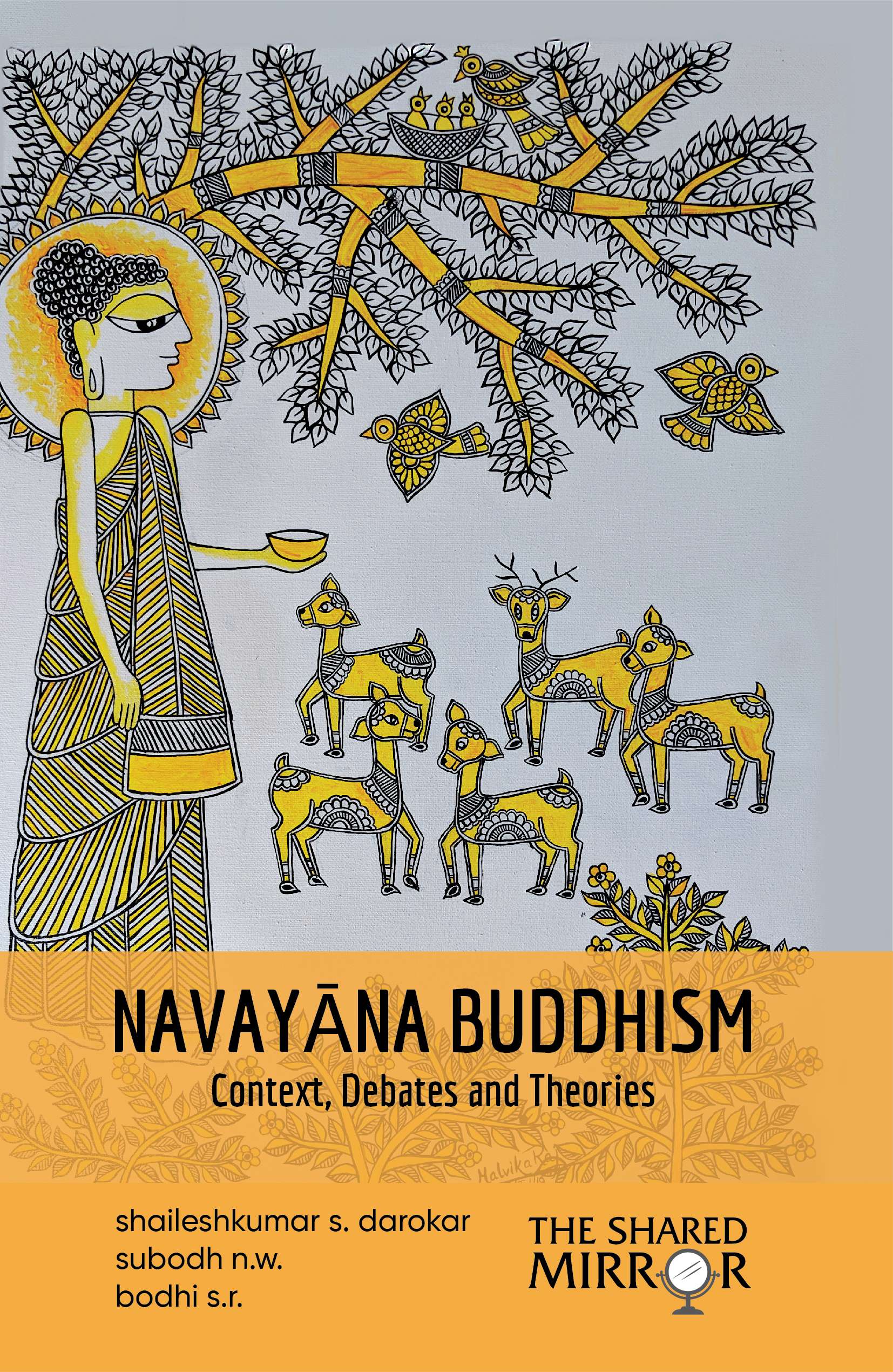This book is an eclectic scholarly inquiry into Indian Buddhism post Dr. Babasaheb Ambedkar embracing the Buddha Dhamma Sangha in 1956. It engages with ontological propositions and debates concerning a methodology conceptualised by Babasaheb through a category he called ‘Navayana.’ In retrospect, through this category, Babasaheb attempted to partly revive and reclaim the original teachings of Sakyamuni, revise and reinterpret the history of Buddhism, and theoretically reposition the Buddha Dhamma in the Indian context. Based on the initial formulations and framework laid by Babasaheb, the first section of this book contextualizes and traces the historical evolution of this axiological movement; providing insights into the thinking, interpretation and experience of Indian Buddhists around the said category. The second section, titled ‘Equanimous Reflections,’ explores three fundamental processual Buddhist practices – the idea of taking refuge in the Tiratana, the process of epistemological reconstruction through Tisarana, and the Buddhist Way of Life as taught by Babasaheb.

